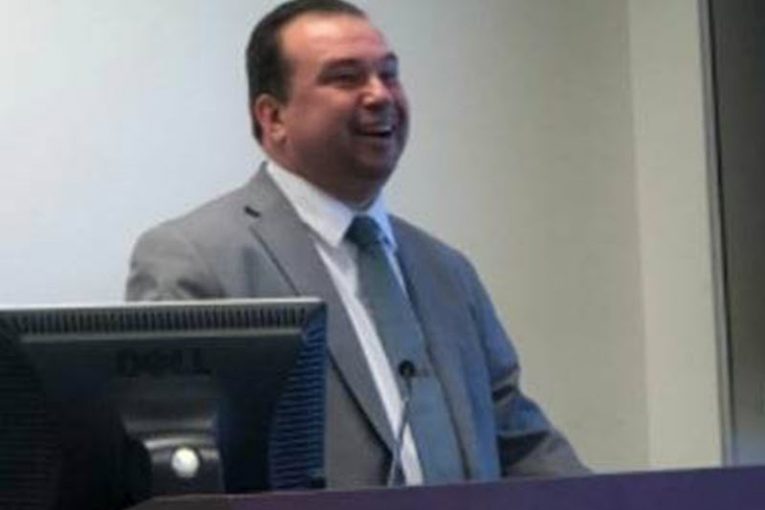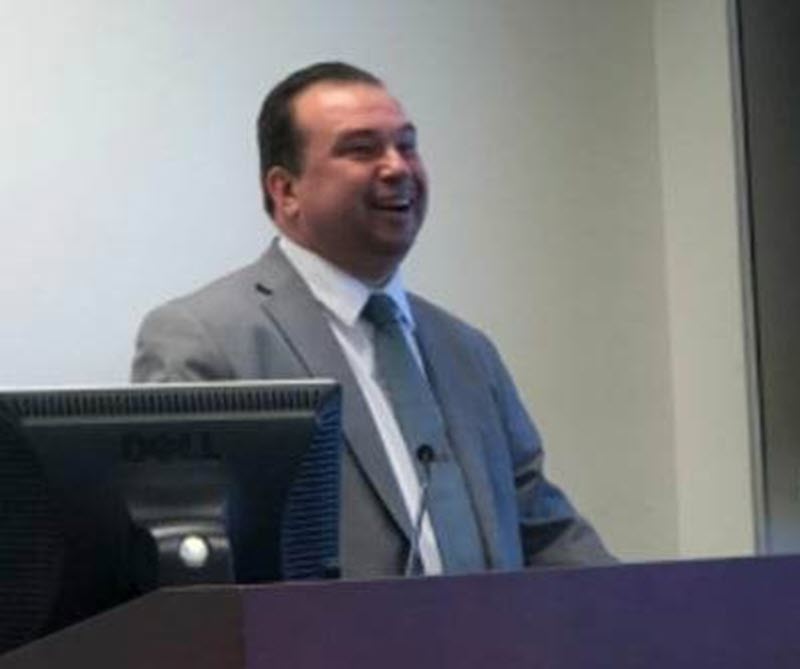

By Jeffrey Deskovic
“Looking back” will feature reprints of articles that Jeff previously wrote while a columnist at The Westchester Guardian, which encompass topics that are applicable here in CA as well as across the country and not simply applicable to NY.
On June 8, 2010, a federal jury convicted former Chicago cop, John Burge, of perjury and obstruction of justice after Burge lied under oath in a civil case and insisted he never witnessed or participated in the torture of suspects.
Burge was a Chicago cop from 1970-83, and later promoted to Detective, Sergeant, Lieutenant, Supervisor of Detectives, Commander of the Bomb and Arson unit, and finally, Commander of Detectives. Under his watch, suspects were burned, beaten, and choked until they confessed throughout the 1970s until the 1990s.
Burge used other tactics to extract confessions, including placing bags over suspects’ heads, attaching electrodes to their genitals, and playing Russian roulette with a service revolver.
Burge was fired in 1993 after he abused a suspect later charged with killing a Chicago police officer. He retired to Florida and was allowed to keep his lucrative police  pension.
pension.
In 2006, Cook County special prosecutors concluded a four-year investigation. They found evidence sufficient to prosecute Burge for assaulting suspects, but concluded the criminal statute of limitations had long since passed.
In 2008, however, federal prosecutors found a clever way around the limitations period. Burge could not be prosecuted for torture, but he could be prosecuted for lying about it.
Five of Burge’s victims testified against him, plus a police officer who worked for Burge, and various doctors and nurses. U.S. Attorney Patrick Fitzgerald launched an investigation into torture allegations by more than 100 victims. He announced his investigation is ongoing, and others may be prosecuted as well.
Other law enforcement agencies are following Fitzgerald’s lead. Illinois Attorney General Lisa Madigan says her office will investigate the decades-old torture allegations to determine a course of action, including retrials for alleged torture victims later convicted of crimes based on their coerced confessions.
Prof. John Masur at President Obama’s alma mater, the prestigious University of Chicago Law school, said, “There are most likely dozens, maybe even a hundred people, still in Illinois prisons who were convicted pursuant to confessions they say were obtained through torture when Burge was still head of that police district.”
Rob Warden of The Center On Wrongful Convictions identified twenty people who remain in Illinois prisons based on suspect confessions.
Civilized nations do not torture suspects to extract confessions, for both practical and moral reasons. Studies repeatedly have demonstrated torture is unreliable because suspects will give false confessions to make the torture cease.
Madison Hobley, Aaron Patterson, Leroy Orange and Stanley Howard, all on death row, were pardoned on the ground of actual innocence by Gov. George Ryan who found they had been tortured into giving false confessions. Subsequently, Ronald Kitchen, who was convicted of murder based upon a coerced, false confession overseen by Burge, was exonerated after spending twenty-one years in prison.
Fitzgerald is to be applauded for prosecuting Burge. Every single police officer who either participated in the torture or looked the other way should be prosecuted and punished, too. If the statute of limitations has run, prosecutors should determine if officers ever gave sworn statements denying the torture; if so, they should be prosecuted for perjury, like Burge.
Burge’s case begs the question of where were state authorities when allegations of police torture first surfaced back in the 1970s? Why did it take three decades before anyone was willing to go after Burge? Where were Chicago’s local district attorneys or previous Illinois attorney Generals? Where was Mayor Richard M. Daley, first elected in 1989, or his predecessor, Eugene Sawyer, or his predecessors, including the current mayor’s father, Richard J. Daley who ruled Chicago in the 1970s?
It is impossible to know how many suspects were tortured into giving confessions and then convicted, and of those, how many confessions were false. Nor is there any way to determine how many guilty might now go free because they were abused by Chicago police under Burge’s command.
To be on the safe side, if a suspect was tortured, his confession introduced at trial, and convicted, courts will have no choice but to overturn those convictions, regardless of the actual guilt or innocence of the defendant which will be impossible to determine.
In the aftermath of Burge’s federal conviction, Illinois Rep. Danny Davis introduced a bill to abrogate the statute of limitations for torture. Davis said Burge’s conviction on perjury and obstruction of justice was “simply not enough.” His bill was co-sponsored by Rep. Bobby Rush and Rep. Jesse Jackson, Jr.
To some extent, Burge’s conviction will educate the public that police do sometimes coerce confessions, both by physical and mental abuse of suspects. The practice is wrong for many reasons, but most importantly, because it poses a substantial threat to innocent people who might be put in prison for crimes they did not commit.
I should know: my wrongful conviction was secured by a coerced, false confession obtained by Peekskill Det. Thomas McIntyre and former Putnam County Senior Investigator and polygraph examiner Daniel Stephens, all done under the watchful eye of Peekskill Police Chief Eugene Tumulo.
Jeffrey Deskovic, Esq, MA, is an internationally recognized wrongful conviction expert and founder of The Jeffrey Deskovic Foundation for Justice, which has freed 9 wrongfully convicted people and helped pass 3 laws aimed at preventing wrongful conviction. Jeff is an advisory board member of It Could Happen To You, which has chapters in CA, NY, and PA. He serves on the Global Advisory Council for Restorative Justice International, and is a sometimes co-host and co-producer of the show, “360 Degrees of Success.” Jeff was exonerated after 16 years in prison-from age 17-32- before DNA exonerated him and identified the actual perpetrator. A short documentary about his life is entitled “Conviction“, and episode 1 of his story in Virtual Reality is called, “Once Upon A Time In Peekskill“. Jeff has a Masters Degree from the John Jay College of Criminal Justice, with his thesis written on wrongful conviction causes and reforms needed to address them, and a law degree from the Elisabeth Haub School of Law at Pace University. Jeff is now a practicing attorney.





